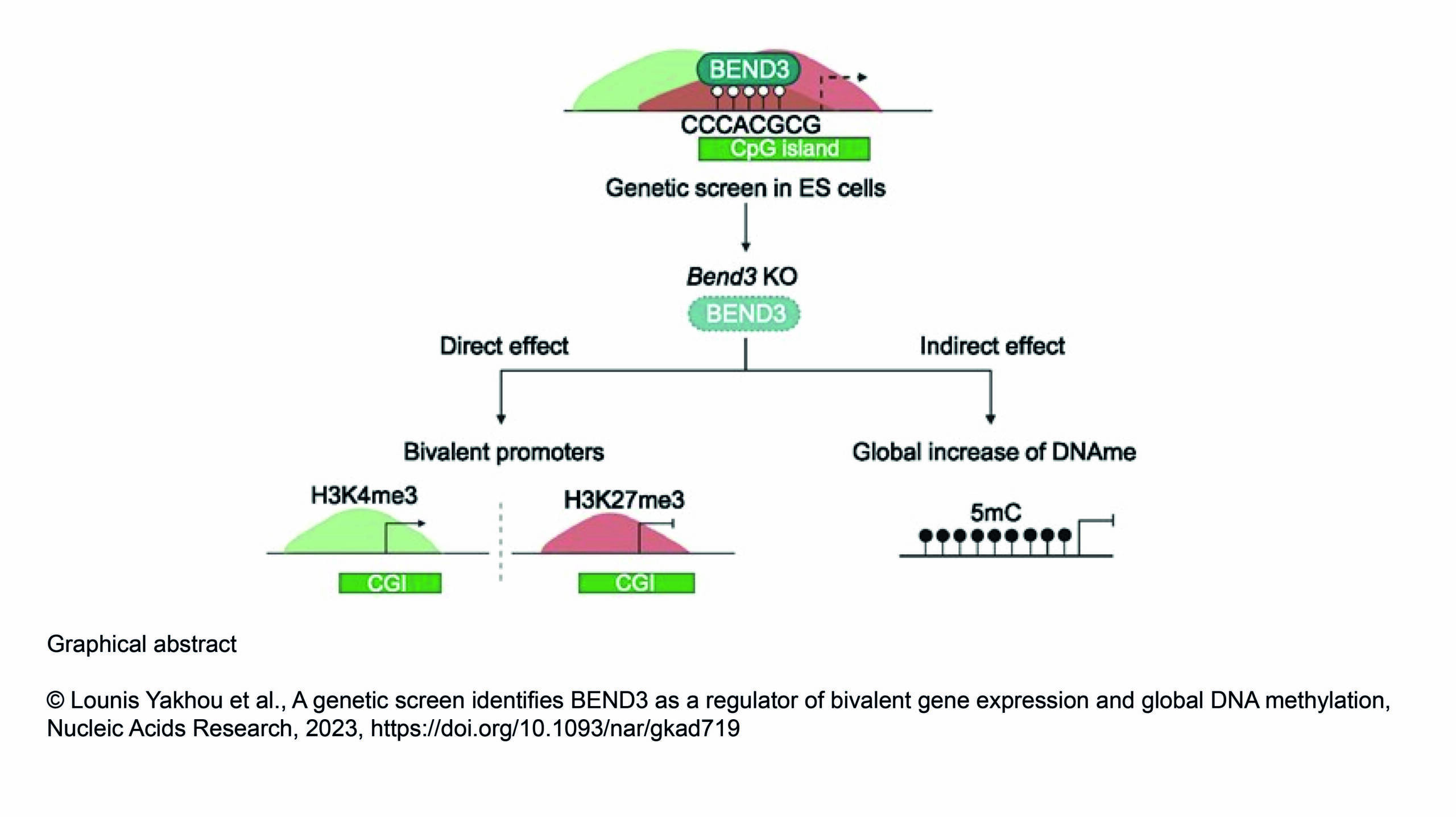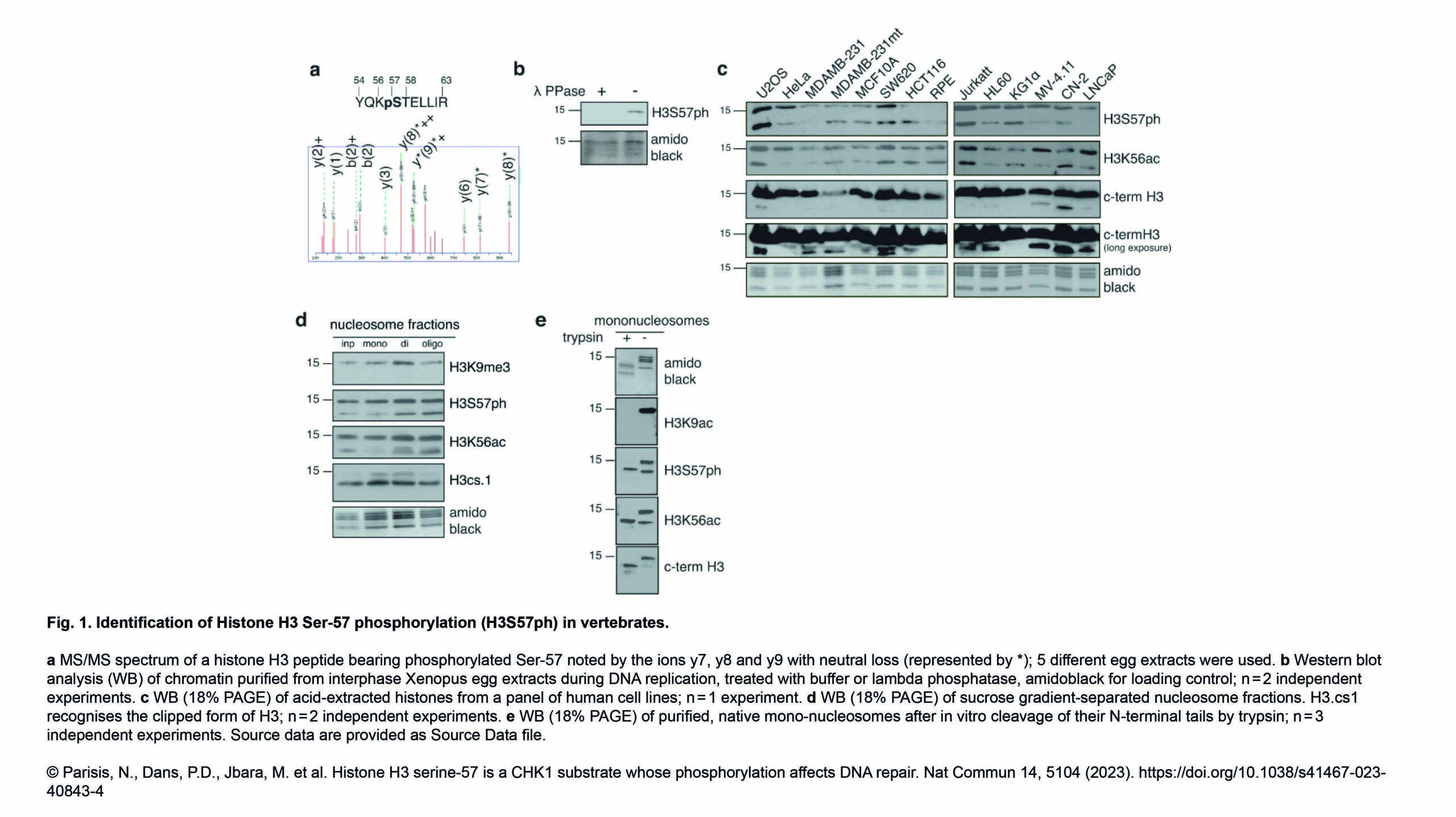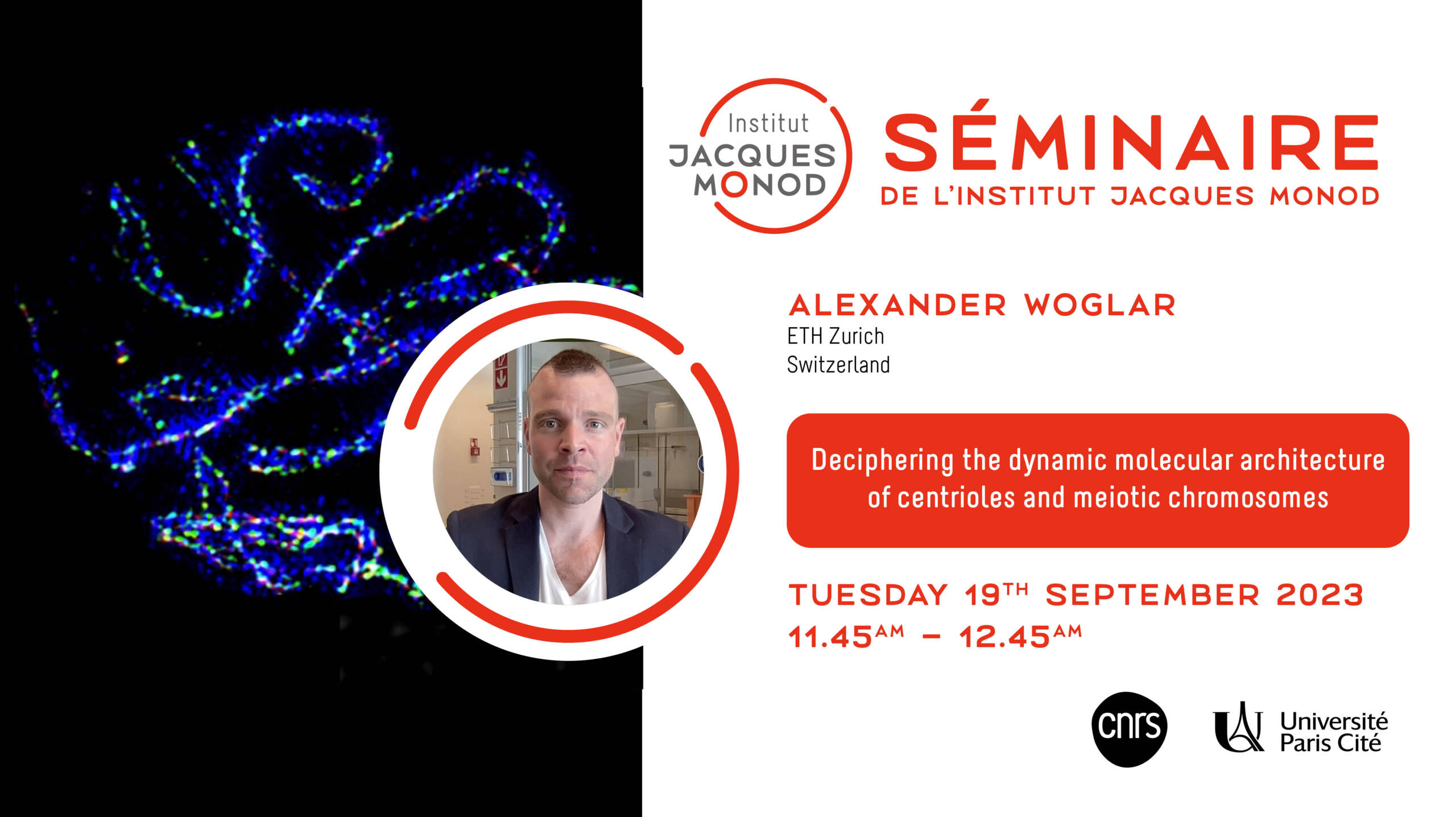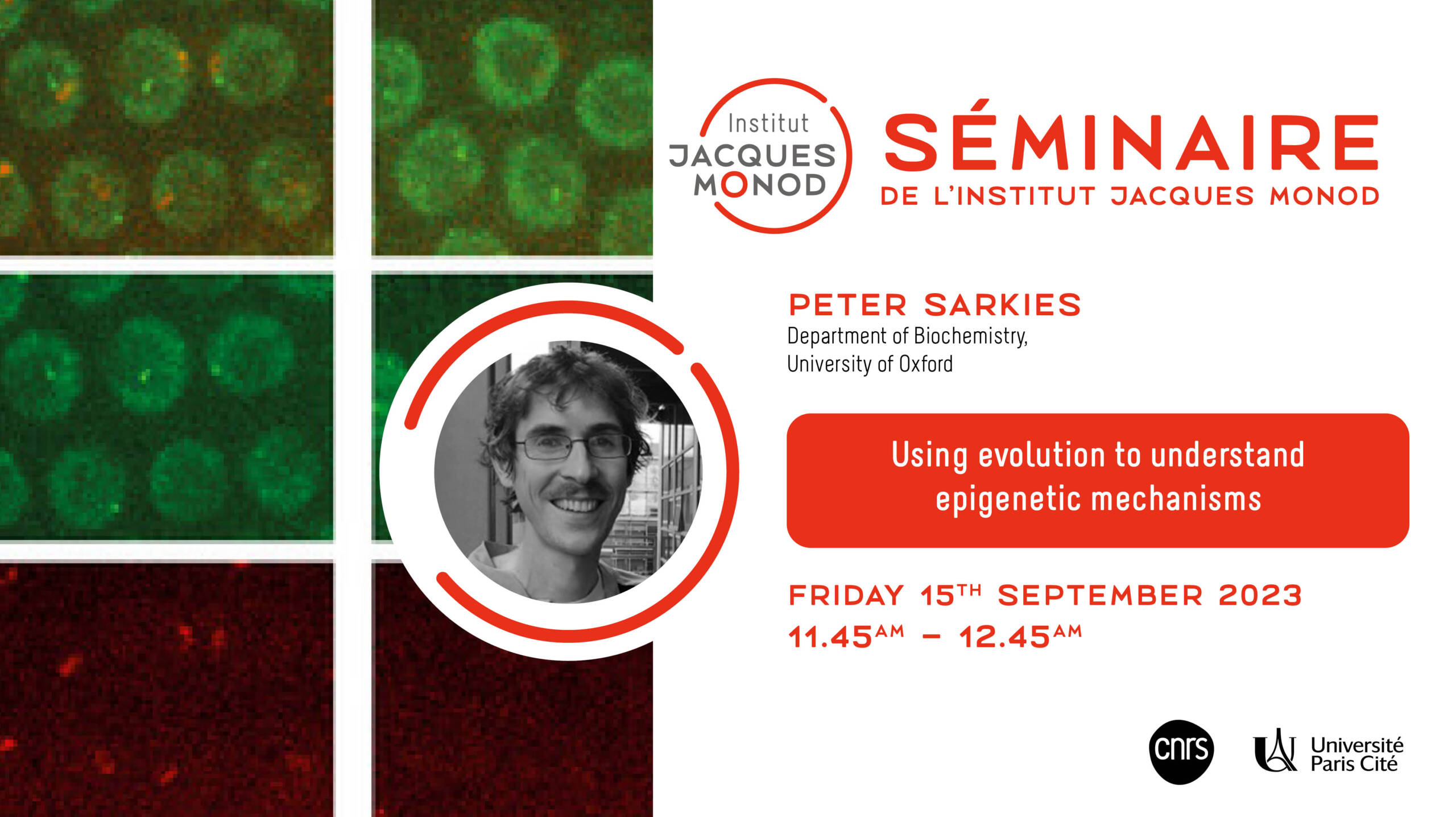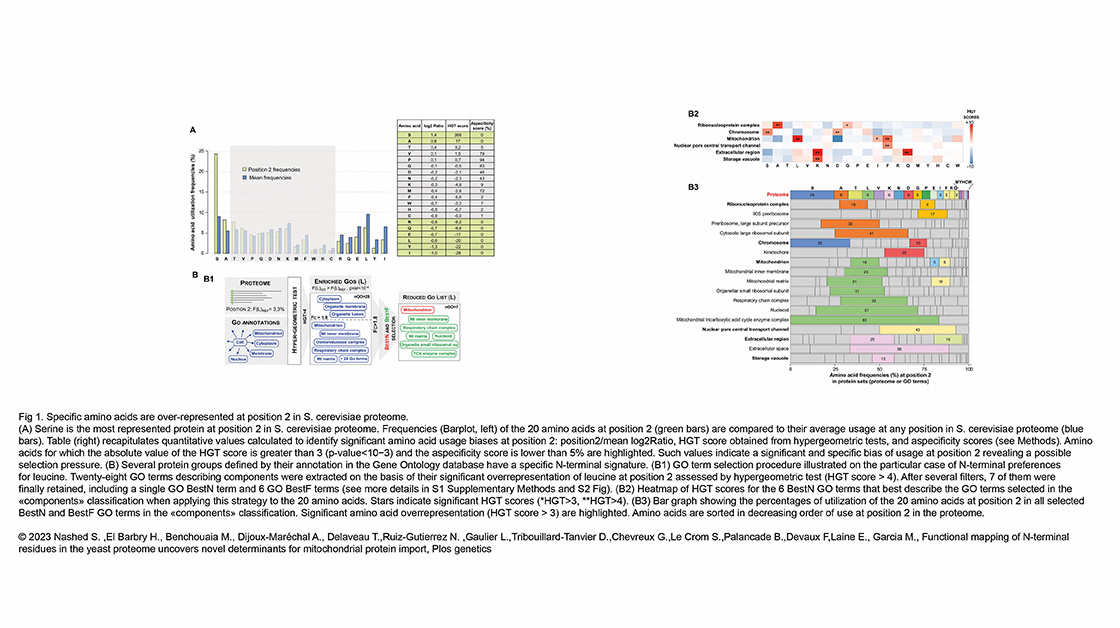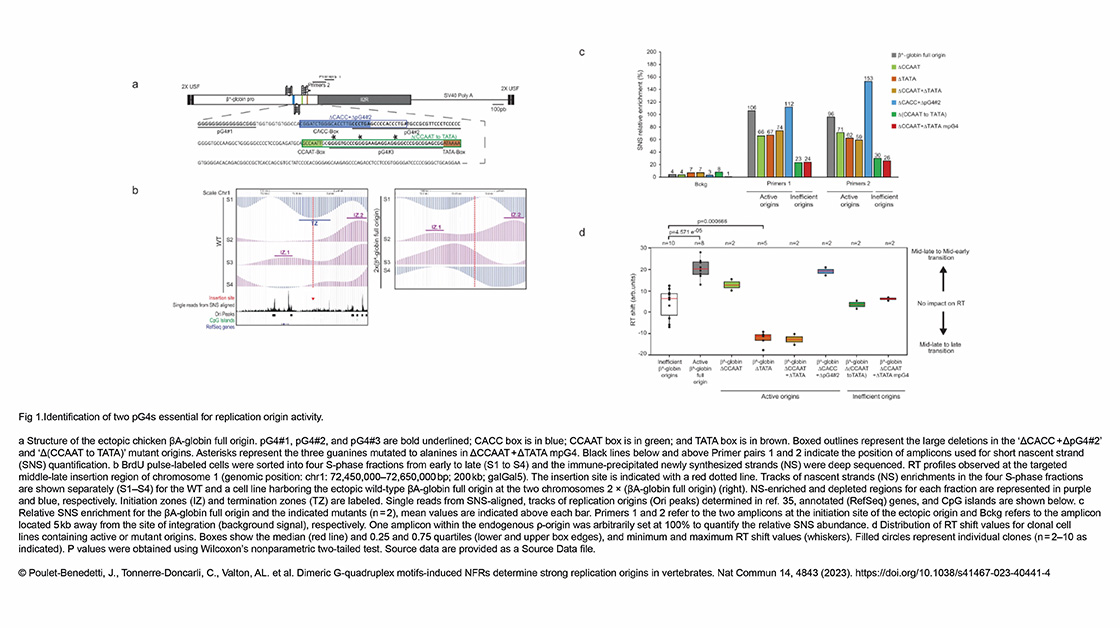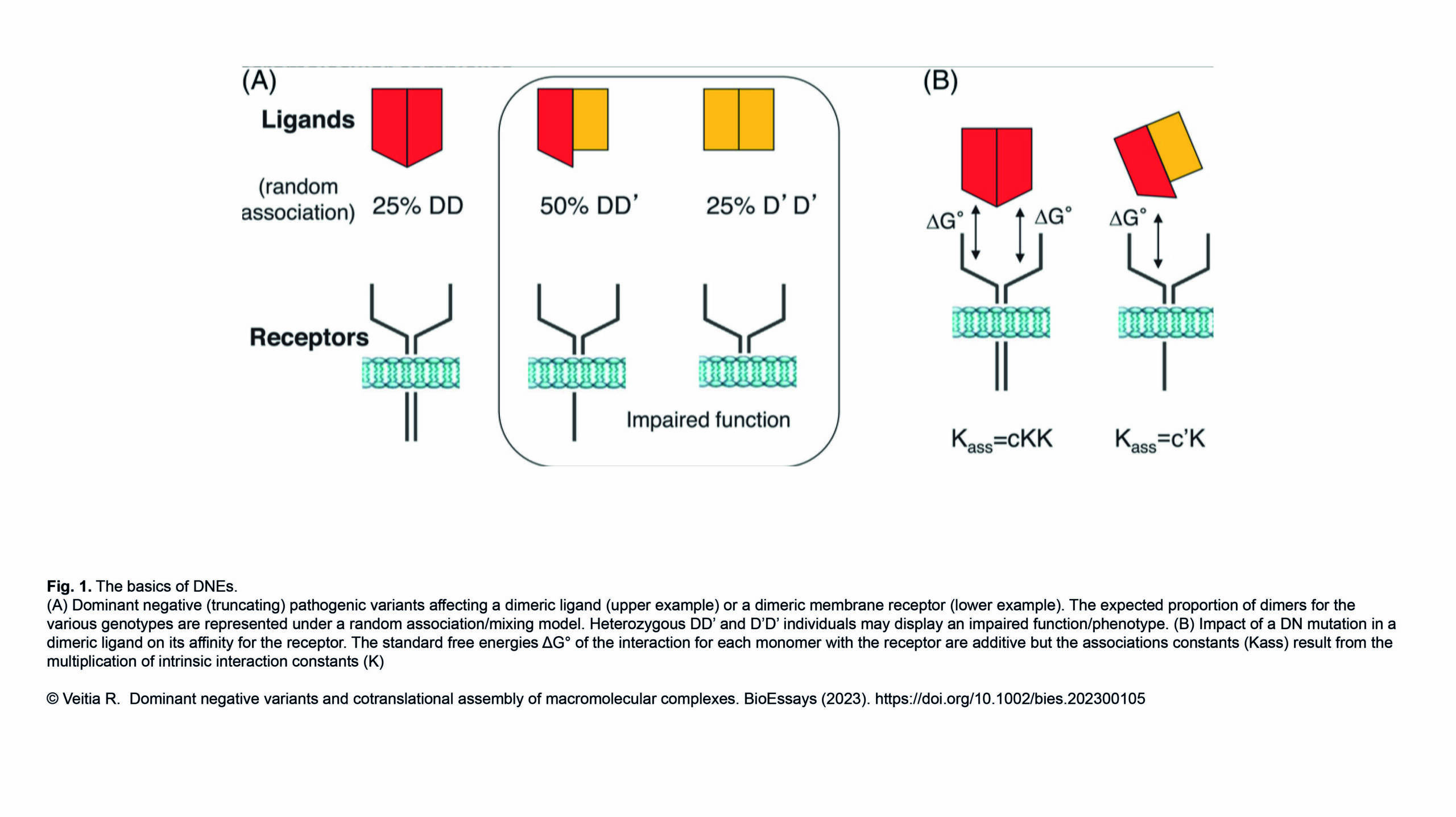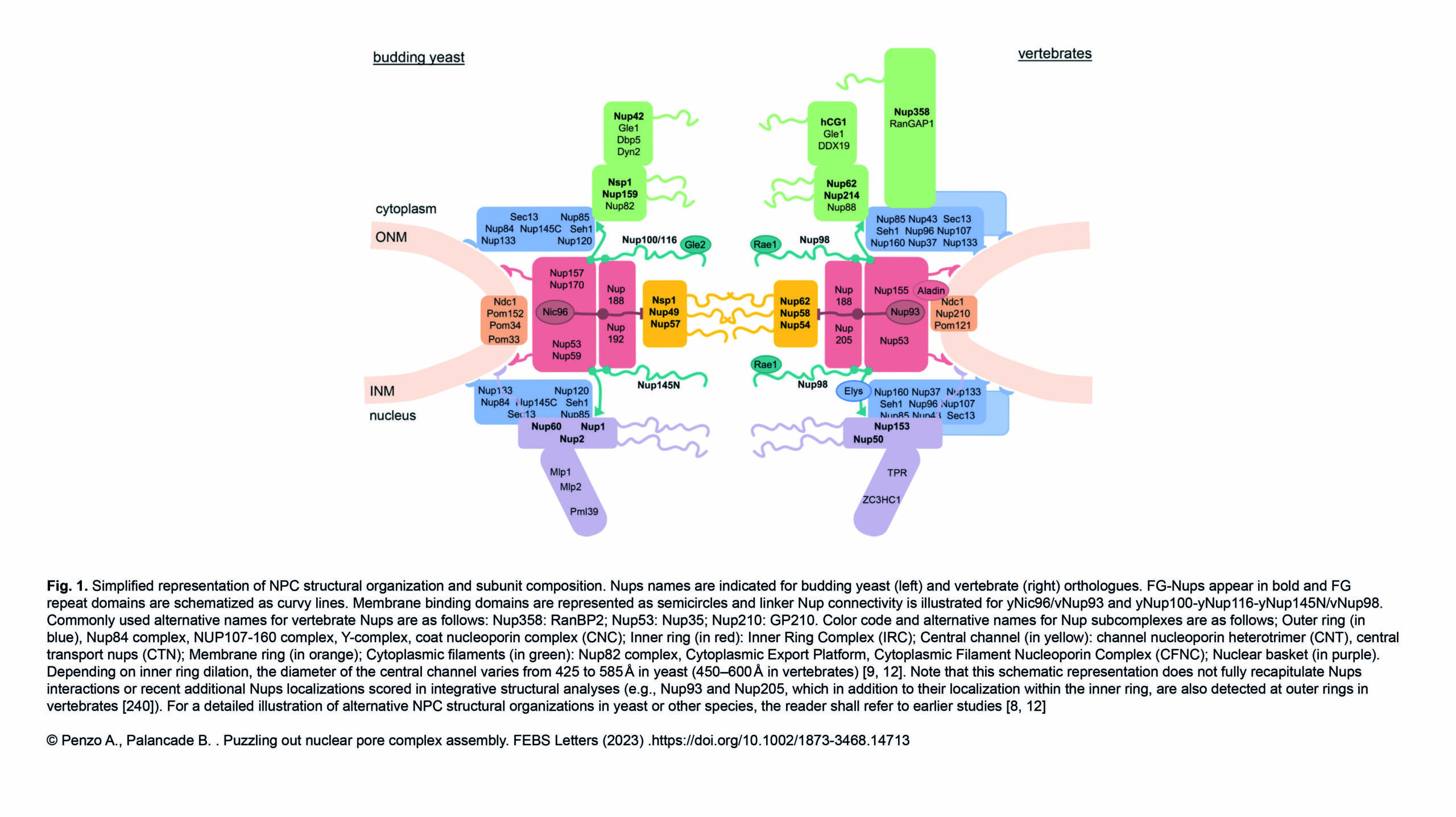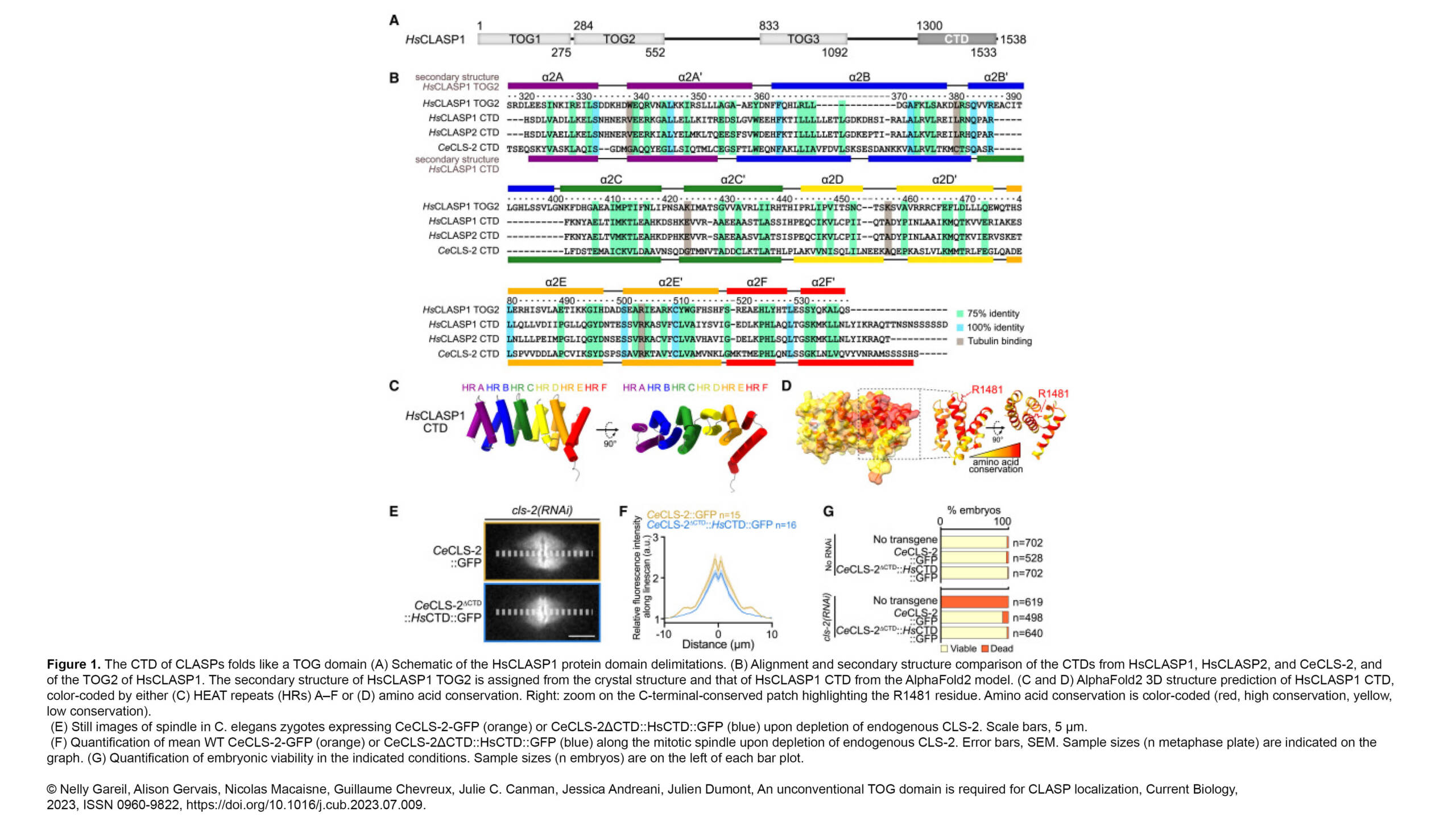L'équipe Greenberg a contribué à la publication d'un nouvel article dans Nucleic Acids Research :
A genetic screen identifies BEND3 as a regulator of bivalent gene expression and global DNA methylation
Résumé :
Epigenetic mechanisms are essential to establish and safeguard cellular identities in mammals. They dynamically regulate the expression of genes, transposable elements and higher-order chromatin structures.…
